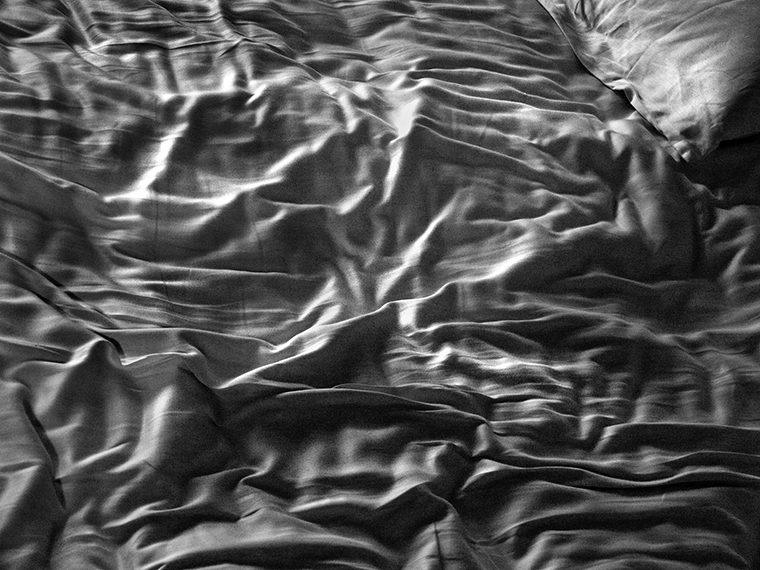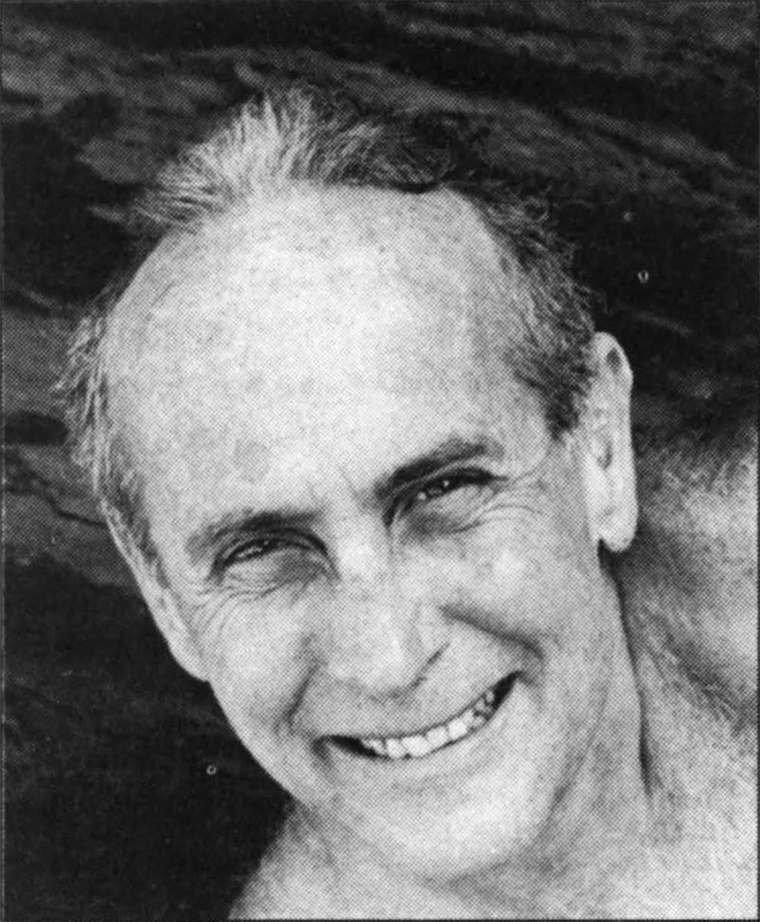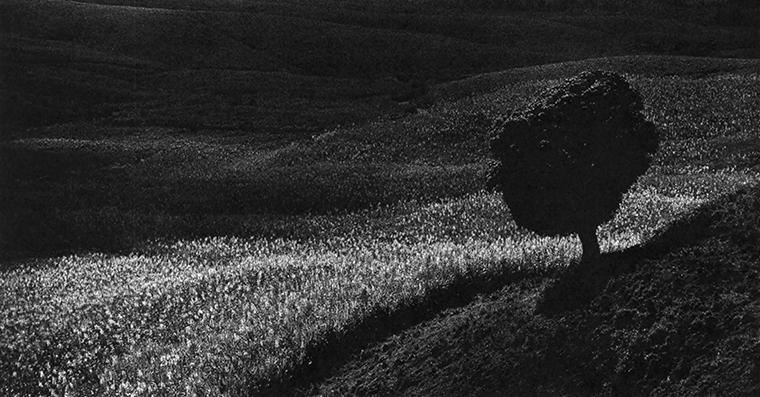We use cookies to improve our services and remember your choices for future visits. For more information see our Privacy Policy and Terms of Use.
Nature and Nurture
Selections from the Archive
I have always loved January—not for the weather (I’m originally from the Midwest) but for the sense of new beginning that it brings. It’s like an unmarked notebook, untrod snow, a fresh stick of butter. I can make my life whatever I want it to be, I always think. Of course, this both is and isn’t true. I’m not sure which has a larger influence over my life: my will or my surroundings.
Our January 2024 issue looks at how our environments and circumstances shape us and how we are shaping our environment. Lauren Hohle’s essay “Basements” examines her Christian upbringing, while Nicole Graev Lipson writes about trying to raise a son outside the norms of traditional masculinity. Mark Leviton interviews biologist Thor Hanson about climate-change adaptability, and readers write about literal and figurative dirt. Collectively the voices in the issue grapple with not only the idea of nature versus nurture, but also with how we can nurture nature.
These are questions that Sun contributors have contemplated for years, and I’ve pulled a few of my favorites from our archive. What Sun piece on nature or nurture is your favorite? Send us a letter about it, and we may publish it in an upcoming issue.
Take care and read well,
Staci Kleinmaier, Assistant Editor
Mark Leviton’s interview with Thor Hanson about how species adapt to climate change (or don’t), brought to mind David James Duncan’s 2008 essay “Cherish This Ecstasy,” which tells the story of an ornithologist who helped save the peregrine falcon from extinction. He designed and wore a mating hat to lure in male falcons, get them all hot and bothered, and capture their sperm, which was then used to artificially inseminate the few remaining females. It’s an unexpected read that is both humorous and affecting. If you like it as much as I did, you may want to check out David’s most recent novel Sun House, which was published this past summer.

© Robert Hecht
Cherish This Ecstasy
The same year that I was researching a novel about birds entering extinction while my first marriage was doing the same, I wrote a long, intimate letter to the Cornell ornithologist. That he was a stranger perhaps explains the intimacy, strangers being preferable to friends when things as personal as marriages are falling to ruin. That he’d managed to save a species explains my blind trust.
July 2008Our first interview on climate change featured Ram Dass in conversation with environmental activist John Seed. It’s hard for me to remember a time before climate change was in the news or on my mind daily. There’s something oddly comforting about diving back into early discussions like this one from 1993. I like to track how our thinking has changed and where it’s remained constant. At times I feel defeated by the scale of the crisis, but Ram Dass’s words lift my spirits: “Our entire history is so marked with miracles that it’s only our strange modern psyche that refuses to see them. The miracle of being descended from a fish that chose to leave the water and walk on land—well, with a pedigree like that, you can’t lose hope.”

John Seed
© Eshana
When a Tree Falls in the Forest
An Interview with John Seed
Once I understand intellectually that my relationship to the earth is that of a leaf to a tree, it’s obvious that the needs of the tree have priority over the needs of the leaf. The tree can exist without the leaf, but the leaf can’t exist without the tree.
January 1993It’s hard to grasp the kind of devastation that scientists predict if we don’t stop our rising temperatures soon. This poem by Chris Dombrowski illustrates humanity’s resistance to behavior change, plus some real and imagined consequences. The final line guts me.
Weekly Apocalyptic,
or Poem Written on the Wall
in an Ascending Space Capsule
We had to stop what we were doing see what we had done. Thing was, we wouldn’t. How devoted we were to despising one another, to erecting our own private islands made of water bottles and various other plastic disposables. “Will you forgive me?” was a phrase stricken from our language — theirs, too, “they” ballooning to include nearly everyone but that arcane term “us.” Upon discovering that gulls feasting on our unearthed dead bodies died of our toxicity, we sobered up but couldn’t stand to look at ourselves in what was left of the light. Despite what so many movies had taught us, “just in time” was a tick too late. There was this bird we used to call a whippoorwill.
Most Sun readers know Alison Luterman for her poetry, but she has also contributed essays, fiction, and an interview to our pages. This month’s Readers Write on “Dirt” reminded me of Alison’s short story “What We Came For,” which follows two migrant workers as they pick strawberries across Canada. The first time I read it, I was so engrossed in the poetic descriptions of strawberries I could practically taste them. Have a read, and let me know what you think of the ending. (I admit, it puzzled me at first.)

© Marvin W. Schwartz
What We Came For
Strawberries were too delicate to be picked by machine. The perfectly ripe ones bruised at even too heavy a human touch. It hit her then that every strawberry she had ever eaten—every piece of fruit—had been picked by callused human hands. Every piece of toast with jelly represented someone’s knees, someone’s aching back and hips, someone with a bandanna on her wrist to wipe away the sweat. Why had no one told her about this before?
October 1996We’ll mail you a free copy of this month’s issue. Plus you’ll get full online access—including more than 50 years of archives.
Request a Free Issue